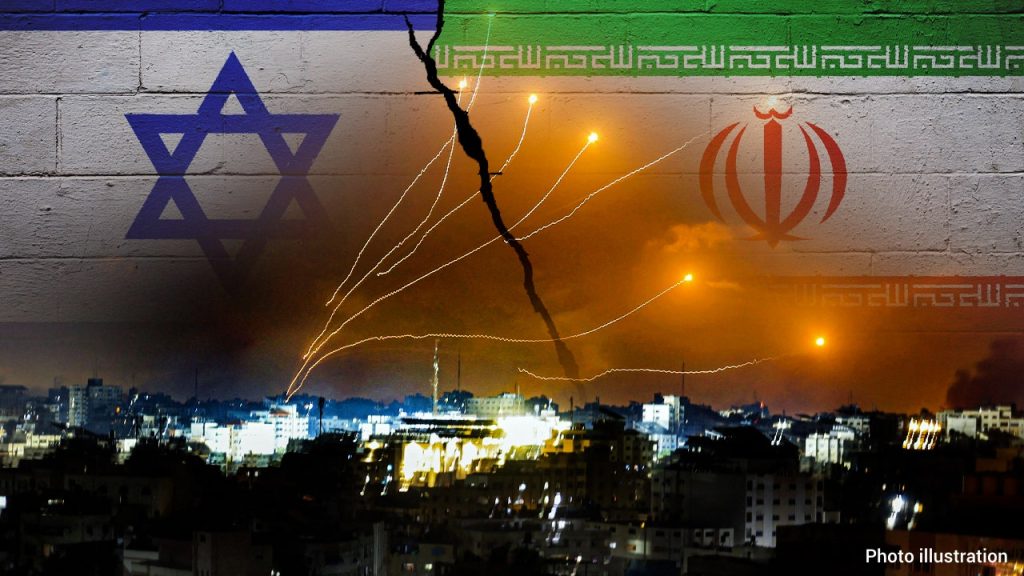Western powers are urging Israel to show restraint in its response to Iranian missile strikes, following an attack on Iran’s embassy compound in Syria that resulted in casualties. Officials from Germany, the United Kingdom, and other countries have advised Israeli Prime Minister Benjamin Netanyahu not to escalate the situation into active conflict, but Israel appears to be making its own decisions. British Foreign Secretary David Cameron emphasized the importance of acting in a way that minimizes escalation, while German Foreign Minister Annalena Baerbock stressed the need for all parties to act prudently and responsibly in order to avoid a situation with unpredictable outcomes.
Iran launched hundreds of missiles and drones at Israel in response to the attack on its embassy compound, which killed two Iranian generals and 10 others. The Iranian government holds Israel responsible for the incident, although Israel has not claimed any involvement. As tensions escalate, Iranian President Ebrahim Raisi has threatened to completely destroy Israel if there is even a “tiniest invasion” of Iran. Raisi warned of a massive and harsh response to any Israeli actions, as both countries prepare for potential retaliation following the recent attacks.
In response to the escalating tensions, the White House announced new sanctions on Iran, emphasizing that the pressure on Iran will continue. The international community is closely watching the situation, with Western powers urging caution and restraint in dealing with the evolving crisis. Despite outside advice and suggestions, Netanyahu made it clear that Israel will make its own decisions to defend itself. As the possibility of further conflict looms, there is growing concern about the potential for the region to slide into a situation with unpredictable outcomes.
The situation between Israel and Iran remains tense, with both sides on high alert and preparing for potential further hostilities. The international community is calling for prudence and responsible actions from both Israel and Iran to prevent a further escalation that could have severe consequences. As threats and warnings are exchanged between the two countries, it is clear that the situation remains volatile and complicated. Western powers continue to engage with both parties in an effort to de-escalate tensions and avoid further violence.
The ongoing tensions highlight the complex and volatile nature of the Middle East, where conflicts can quickly spiral out of control with devastating consequences. The involvement of various international actors underscores the importance of diplomacy and dialogue in resolving disputes and preventing further escalation. As Israel and Iran navigate this delicate situation, the international community will closely monitor developments and continue to push for restraint and responsible actions to prevent a full-blown conflict. It remains to be seen how the situation will evolve in the coming days and weeks, and whether efforts to de-escalate tensions will be successful in averting a crisis in the region.


